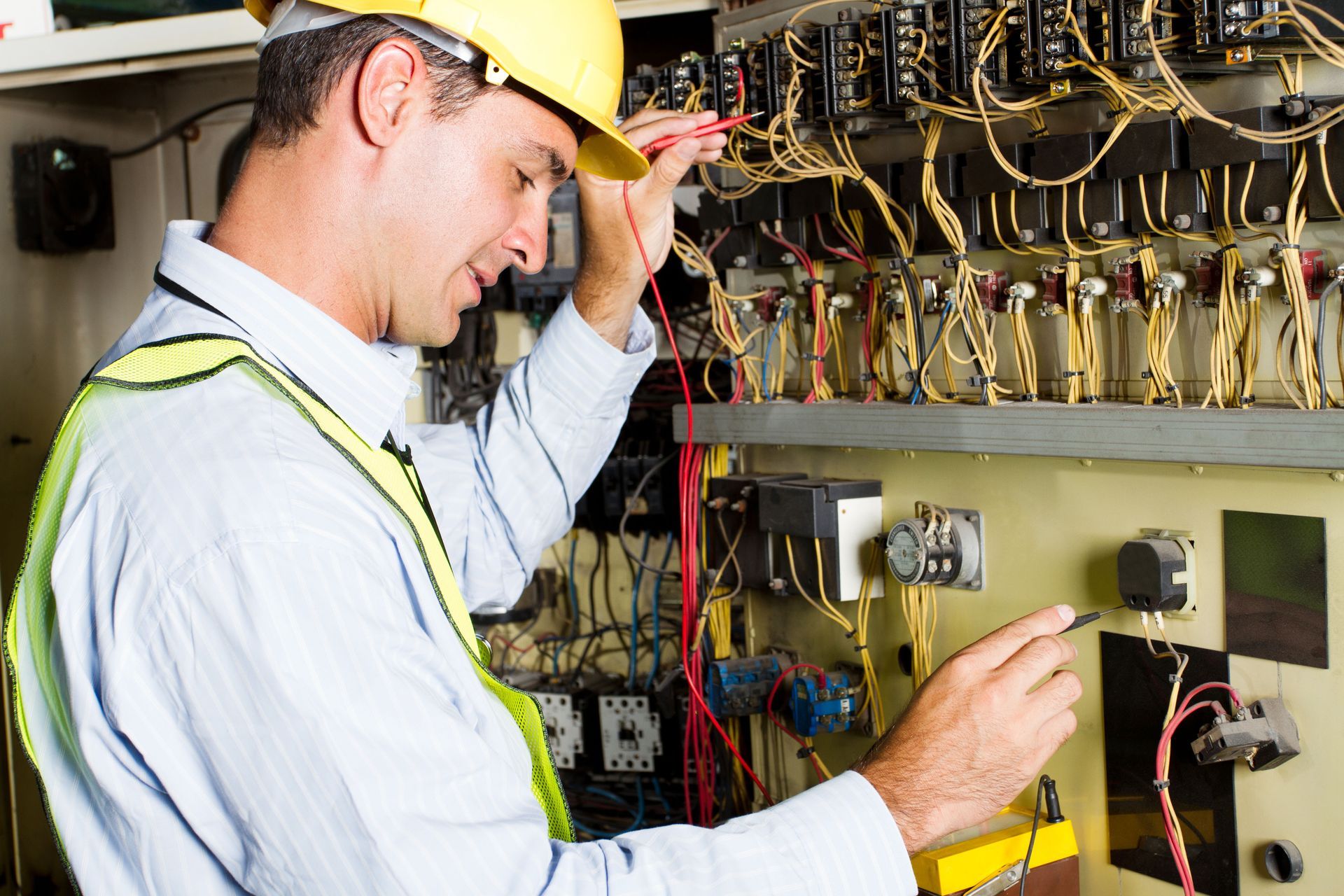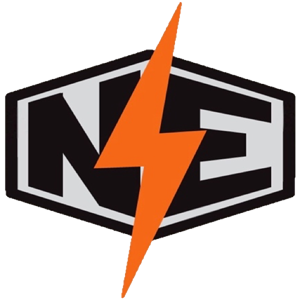3 Essential Facts About Electricity Usage
Electricity is an integral part of our everyday lives, powering everything from household appliances to industrial machinery. With the increasing focus on sustainable living, understanding electricity usage is more important than ever. By grasping key facts about how we use electricity, we can make smarter choices that are both economically and environmentally beneficial, as well as the benefits of hiring a commercial electrician.
1. Standby Power Consumption
One often overlooked aspect of electricity usage is the power consumed by devices in standby mode. According to OhmConnect, standby power can draw up to 10% of a home's electricity use. This phantom energy loss occurs when devices like TVs, computers, and kitchen appliances are plugged in but not actively in use. Reducing standby power consumption is a simple yet effective way to lower your electricity bill and conserve energy. Unplugging devices or using power strips to easily turn off multiple devices at once can make a significant difference in energy savings.
2. Peak and Off-Peak Hours
When it comes to electricity usage, timing is everything. Electricity providers often have different rates for peak and off-peak hours. During peak hours, typically when most people are home and using appliances, the electricity demand is higher, leading to increased costs. Understanding these time frames enables you to schedule high-energy-consuming tasks, such as doing laundry or running the dishwasher, during off-peak hours, ultimately reducing your utility bill. Additionally, some providers offer discounts or incentives for off-peak usage, further enhancing your potential savings.
3. Impacts of Energy Efficiency
Energy efficiency plays a crucial role in reducing electricity consumption. Upgrading to energy-efficient appliances and lighting not only reduces your carbon footprint but also results in significant cost savings over time. In our experience, we have found that households have started adopting LED bulbs, which use 75% less energy compared to traditional incandescent lights. By making your home more energy-efficient, you not only save money but also contribute to a more sustainable future. Additionally, installing programmable thermostats and energy-efficient windows further optimizes energy usage, minimizing waste and lowering utility bills. These small changes can lead to long-term environmental benefits and considerable financial savings.
Understanding and optimizing electricity usage is more than just a matter of cost savings- it's about fostering a more sustainable lifestyle. From managing standby power consumption to leveraging off-peak hours and investing in energy-efficient technologies, there are numerous ways to make a meaningful impact. By taking the time to learn and implement these strategies, you'll be well on your way to reducing your electricity footprint and promoting a greener, more energy-conscious world. If you are looking for a commercial electrician, reach out to our team at Nexus Electric Service to get started!



Share On: